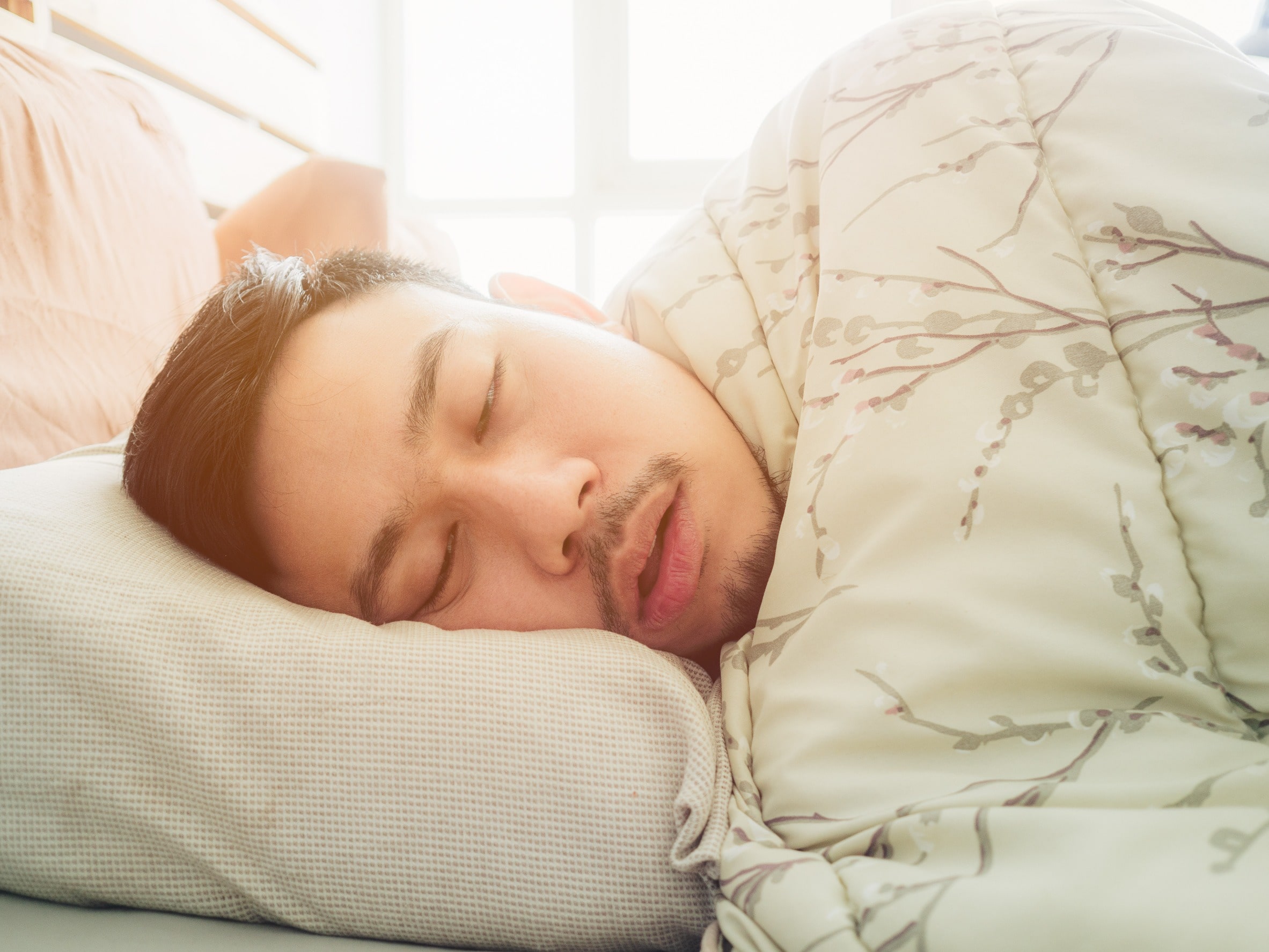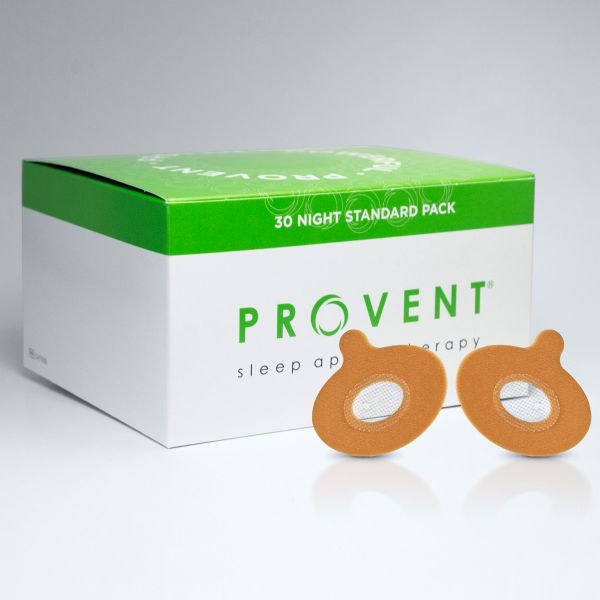Effective Therapy Solutions for Taking Care Of Rest Disorders and Enhancing Relaxing Rest
In the world of health care, the management of rest conditions and the mission for relaxing sleep are pivotal components of general well-being. Effective therapy options provide a diverse strategy to deal with these challenges, varying from cognitive behavioral treatments to alternative practices that advertise relaxation and mindfulness. The expedition of different methods, consisting of the integration of medication and light therapy, opens a world of opportunities in the quest of better rest quality. As we browse the elaborate landscape of rest conditions and seek to improve our sleep experience, a deeper understanding of these therapy options may hold the trick to unlocking a more refreshing and fulfilling corrective journey.
Cognitive Behavior Treatment for Sleep Problems (CBT-I)
Cognitive Behavior Modification for Sleeping Disorders (CBT-I) is an organized, evidence-based treatment technique that concentrates on dealing with the underlying variables adding to sleep disturbances. This type of treatment intends to modify habits and ideas that exacerbate insomnia, inevitably advertising healthy and balanced sleep patterns. CBT-I normally involves several essential elements, consisting of cognitive treatment, sleep limitation, stimulus control, and sleep health education and learning.
Cognitive treatment aids people recognize and transform unfavorable thought patterns and beliefs about sleep that might be hindering their capacity to drop or remain asleep. Sleep limitation entails restricting the quantity of time spent in bed to match the individual's real rest duration, thus increasing rest performance (cognitive behavioral therapy for insomnia (CBT-I)). Stimulus control methods aid develop a solid association in between the bed and rest by motivating individuals to head to bed only when sleepy and to stay clear of taking part in stimulating tasks in bed
Furthermore, sleep health education concentrates on creating healthy sleep behaviors, such as preserving a constant sleep timetable, developing a relaxing going to bed routine, and optimizing the rest atmosphere. By resolving these aspects thoroughly, CBT-I offers a reliable non-pharmacological treatment for handling insomnia and enhancing total sleep quality.
Rest Hygiene Practices
Having developed the foundation of cognitive restructuring and behavioral modifications in addressing sleep problems with Cognitive Behavioral Treatment for Sleeping Disorders (CBT-I), the emphasis now moves in the direction of checking out vital Rest Hygiene Practices for keeping optimal rest high quality and overall wellness.
Rest health techniques encompass a variety of behaviors and environmental elements that can dramatically impact one's capability to sleep and remain asleep throughout the evening. Consistent sleep and wake times, producing a relaxing going to bed regimen, and maximizing the rest environment by keeping it dark, peaceful, and cool are critical components of good sleep hygiene. Limiting exposure to screens before bedtime, avoiding stimulants like caffeine close to bedtime, and engaging in normal physical activity during the day can additionally advertise far better sleep top quality.
Additionally, practicing relaxation strategies such as deep breathing workouts or meditation prior to bed can assist calm the mind and prepare the body for rest. By including these sleep hygiene techniques right into one's everyday routine, individuals can develop a healthy and balanced sleep pattern that sustains peaceful sleep and total health.
Relaxation Methods and Mindfulness
Executing leisure methods and mindfulness practices can play a crucial role in fostering a feeling of calmness and promoting high quality rest. Additionally, directed imagery can aid deliver people to a peaceful location in their minds, helping in stress decrease and boosting rest high quality.
Mindfulness techniques, such as reflection and yoga exercise, are additionally reliable in advertising leisure and improving sleep. Mindfulness encourages individuals to stay existing in the moment, releasing bother with the past or future. By incorporating these practices into a bedtime routine, people can signify to their bodies that it is time to prepare and unwind for sleep. In general, integrating leisure strategies and mindfulness methods can substantially add to handling rest problems and boosting total rest high quality.

Medicine Options for Sleep Disorders
After discovering relaxation techniques and mindfulness methods as non-pharmacological treatments for enhancing rest top quality, it is vital to take into consideration medicine alternatives for people with rest problems. In instances where way of living modifications and his comment is here treatment do not provide sufficient relief, medication can be a useful device in taking care of rest disruptions.
Frequently prescribed drugs for sleep disorders consist of benzodiazepines, non-benzodiazepine hypnotics, antidepressants, and melatonin receptor agonists. Benzodiazepines, such as diazepam, are sedatives that can aid induce rest, but they are normally advised for short-term use due to the risk of dependence. Non-benzodiazepine hypnotics like zolpidem are also made use of to deal with sleep problems and have a lower threat of dependancy compared to benzodiazepines. Antidepressants, such as trazodone, can be valuable for people with co-occurring anxiety and sleep disturbances. Melatonin receptor agonists, like ramelteon, target the body's all-natural sleep-wake cycle and can be practical for managing sleep patterns.
It is critical for people to consult with a doctor to figure out the most ideal medicine option based upon their certain sleep problem and clinical history.
Light Therapy for Circadian Rhythm Policy
Light therapy, likewise recognized as phototherapy, is a non-invasive therapy approach used to regulate circadian rhythms and improve sleep-wake cycles. This treatment involves direct exposure to intense light that imitates natural sunshine, which helps to reset the body's body clock. By exposing people to specific wavelengths of light, generally in the early morning or evening depending upon the wanted effect, light treatment can effectively change the body clock to promote wakefulness throughout the day and boost peaceful sleep at evening.
Research study has shown that light treatment can be especially helpful for people with body clock problems, such as delayed rest stage hop over to here disorder or jet lag. It can also be useful for those experiencing seasonal affective problem (SAD), a kind of clinical depression that normally takes place throughout the winter months when natural light exposure is lowered. Light therapy is typically well-tolerated and can be utilized in combination with other treatment techniques for rest conditions to maximize end results and enhance general sleep high quality.
Final Thought
Finally, effective therapy solutions for managing rest problems and boosting relaxing sleep consist of Cognitive Behavior modification for Sleeping Disorders (CBT-I), sleep health techniques, relaxation techniques and mindfulness, medication options, and light treatment for body clock guideline. These methods can assist individuals improve over here their rest top quality and total wellness. It is essential to seek advice from a healthcare company to figure out the most appropriate technique for resolving sleep issues.
As we browse the complex landscape of sleep disorders and look for to improve our sleep experience, a much deeper understanding of these therapy solutions might hold the secret to unlocking a much more refreshing and meeting restorative trip.
Rest limitation involves restricting the amount of time spent in bed to match the person's actual rest period, thus increasing rest effectiveness. Consistent rest and wake times, creating a relaxing going to bed routine, and optimizing the sleep setting by keeping it dark, silent, and cool are critical elements of good rest hygiene. Light therapy is usually well-tolerated and can be utilized in combination with other therapy techniques for rest conditions to enhance outcomes and enhance total sleep high quality.
